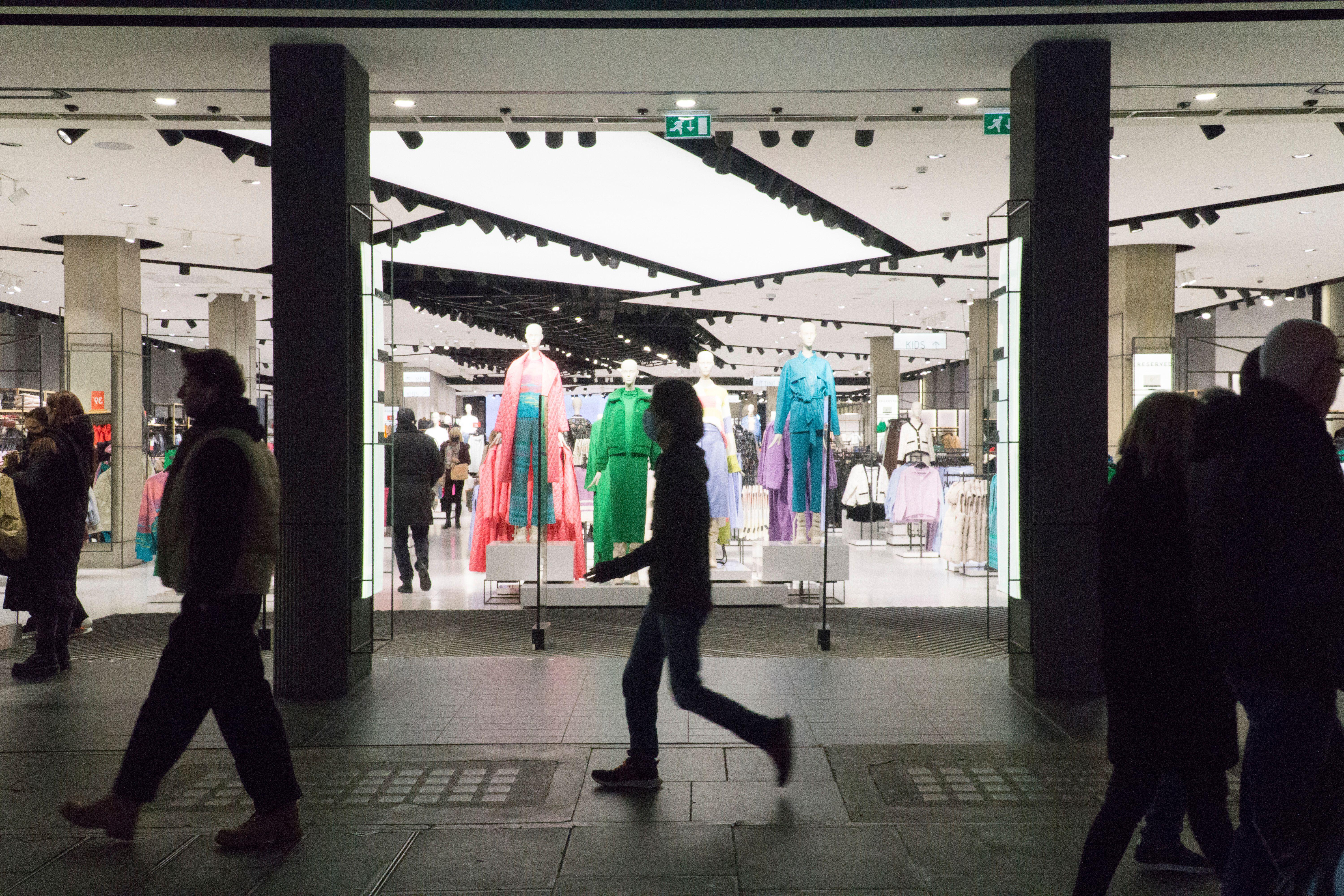Consumer confidence rose in July to end seven-month stretch of decline: survey
The increase possibly coincided with the arrival of the Government’s first cost-of-living payments.

Your support helps us to tell the story
From reproductive rights to climate change to Big Tech, The Independent is on the ground when the story is developing. Whether it's investigating the financials of Elon Musk's pro-Trump PAC or producing our latest documentary, 'The A Word', which shines a light on the American women fighting for reproductive rights, we know how important it is to parse out the facts from the messaging.
At such a critical moment in US history, we need reporters on the ground. Your donation allows us to keep sending journalists to speak to both sides of the story.
The Independent is trusted by Americans across the entire political spectrum. And unlike many other quality news outlets, we choose not to lock Americans out of our reporting and analysis with paywalls. We believe quality journalism should be available to everyone, paid for by those who can afford it.
Your support makes all the difference.Consumer confidence rose in July, possibly due to the Government’s cost-of-living payments, according to a YouGov survey.
The two-point rise in the overall index from YouGov and the Centre for Economics and Business Research (CEBR) brings an end to a seven month stretch of decline that began in December 2021.
Much of the index’s improvement can be explained by an uptick in household finance measures, coinciding with July seeing the arrival of the first Government cost-of-living payments for low-income households.
Despite the boost, the overall public mood around household finances remains downbeat – with the survey taken before the Bank of England announced that inflation was expected to hit 13% this year.
Business activity also saw improvements, with employees slightly more likely to report that their workplaces are busier than they were last month and more likely to expect them to get busier in future.
Perceptions of job security among UK workers also inched up.
The only measure to see a decline was the retrospective home value measure, which deteriorated by 0.5 points. However homeowners are more optimistic than they were before after three months of worsening outlook.
Kay Neufeld, head of forecasting at CEBR, said: “The first increase in the Consumer Confidence Index since November 2021 provides a welcome reprieve after a torrid string of declines saw sentiment plummet by more than nine points over the past seven months.
“Noticeably, the strongest upward momentum in July came from the backward and forward-looking household finance indicators.
“Nevertheless, the increases in these measures are from an extremely low base and the outlook remains challenging. While the first cost-of-living payments have started to arrive, questions remain regarding the type of support households can expect over the coming months, with the energy price cap set to rise to new record highs in October and January next year.
“Further headwinds will emerge as the UK economy is expected to teeter on the brink of recession in the second half of the year, suggesting the spike in consumer confidence may prove short-lived.”
Emma McInnes, global head of financial services at YouGov, said: “While this increase in consumer confidence is undoubtedly positive news, there is a long road back to regain ground lost over the past seven months of decline.
“And, with the energy price cap rising in a few months alongside the UK economy heading towards a recession, there is every chance that this spike could be offset but a further long-term decline in the overall index.”